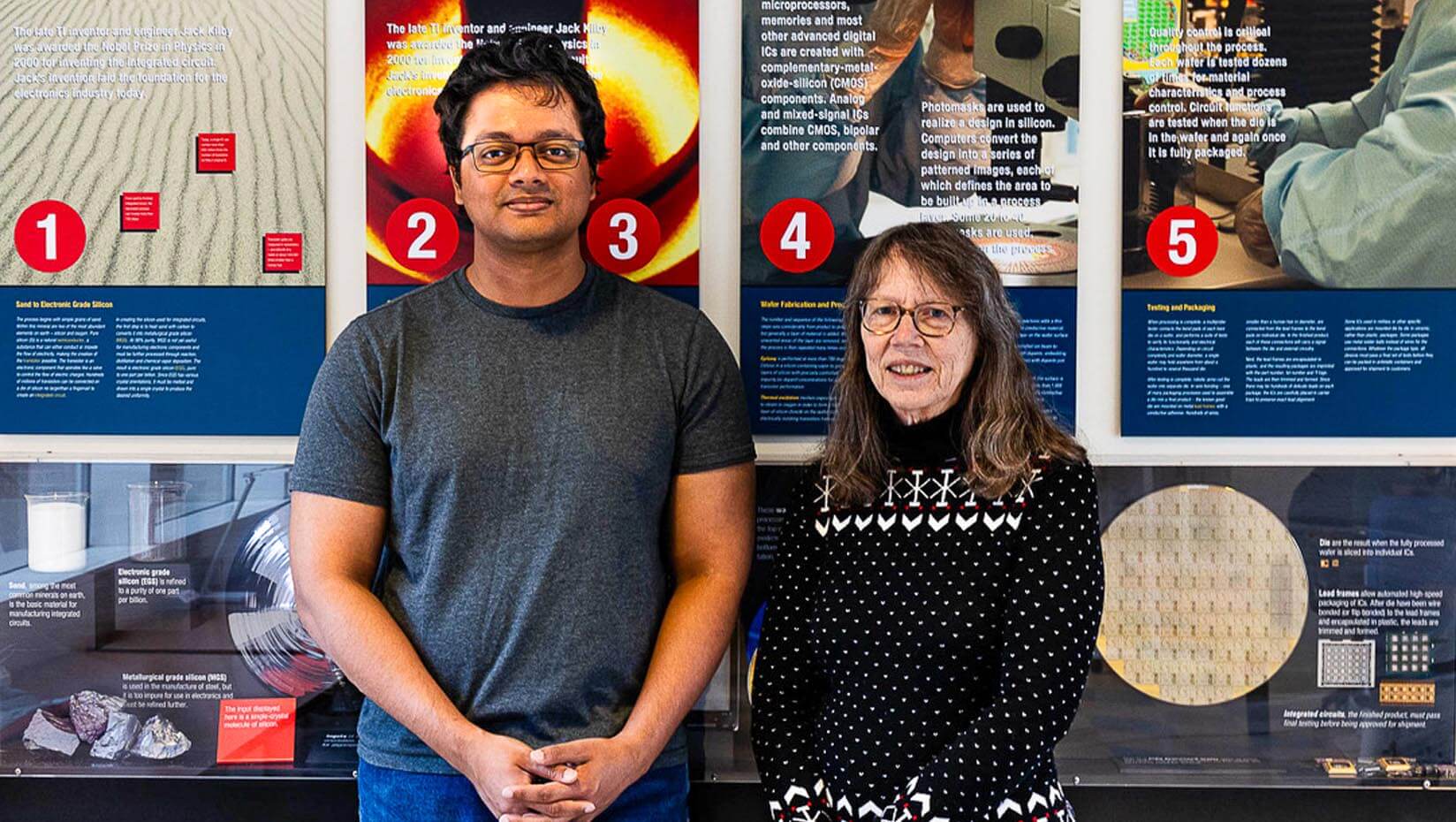
UMaine researchers creating semiconductor curriculum for high schoolers
The National Science Foundation awarded $1.2 million to a University of Maine-led team of researchers to create a comprehensive semiconductor curriculum for high school students.
Spearheaded by principal investigator Prabuddha Chakraborty and co-principal investigator Rosemary Smith from UMaine’s Department of Electrical and Computer Engineering, the team will devise lessons and coursework about developing semiconductors that will feature state-of-the-art technologies such as artificial intelligence, interactive game modules and hands-on learning.
The project, titled “Collaborative Research: A Semiconductor Curriculum and Learning Framework for High-Schoolers Using Artificial Intelligence, Game Modules, and Hands-on Experiences,” has a total budget of approximately $1.3 million, with the university’s share amounting to $415,000. The four-year project is expected to run from June 1 to May 31, 2028.
“This project is a deeply collaborative and interdisciplinary effort, spanning the fields of semiconductors, gaming, artificial intelligence and education,” Chakraborty said. “The University of Maine will be collaborating with Fairfield University, led by Dr. Xiaoli Yang; Southern Methodist University, led by Dr. Lin Lipsmeyer; and Stemuli Studios, led by Taylor Shead, founder and CEO.”
This initiative signifies a crucial step in the university’s efforts to advance STEM education, particularly in the field of semiconductor science and technology. It addresses the growing need for innovative STEM education programs that prepare students for the challenges of the 21st century. By introducing engaging semiconductor concepts, UMaine aims to inspire students to pursue further studies and careers in science, technology, engineering and mathematics.
Managed by the Division of Research and Learning, the funding opportunity for the project falls under the NSF’s Innovative Technology Experiences for Students and Teachers program. It represents a collaborative effort to bridge the gap between academia and industry, equipping students with the skills needed for success in today’s technology-driven world.
Contact: Christopher Karlen, christopher.karlen@maine.edu
